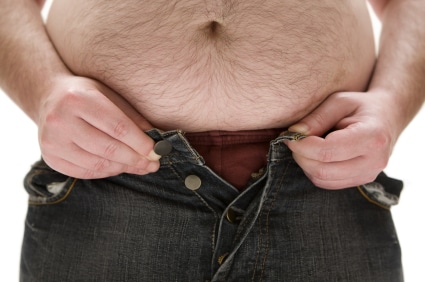Overweight and obesity are taking over our country. One factor frequently overlooked in this growing epidemic is the role of...

Overweight and obesity are taking over our country. One factor frequently overlooked in this growing epidemic is the role of...